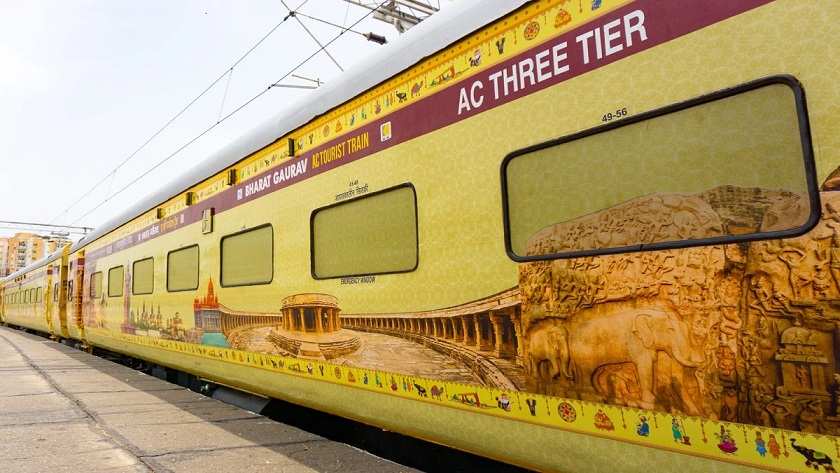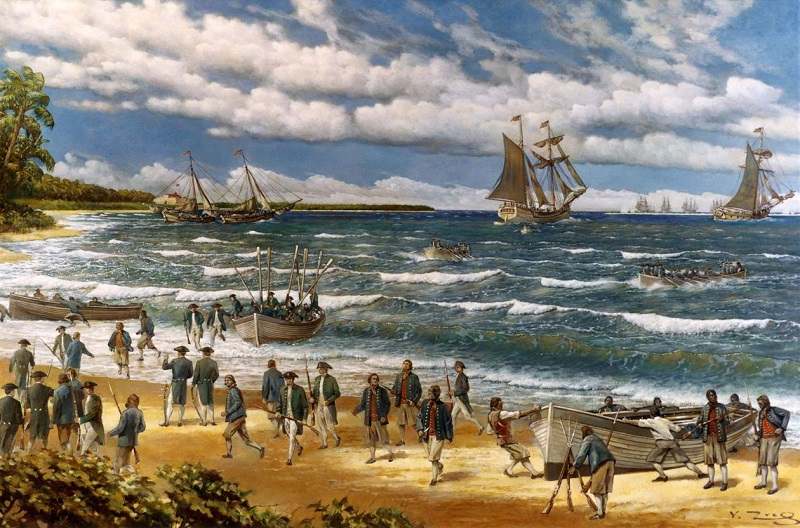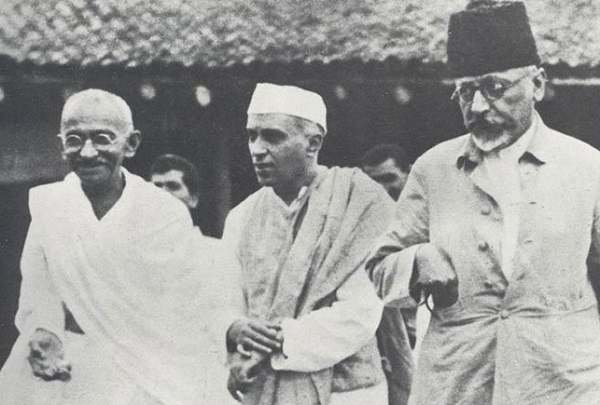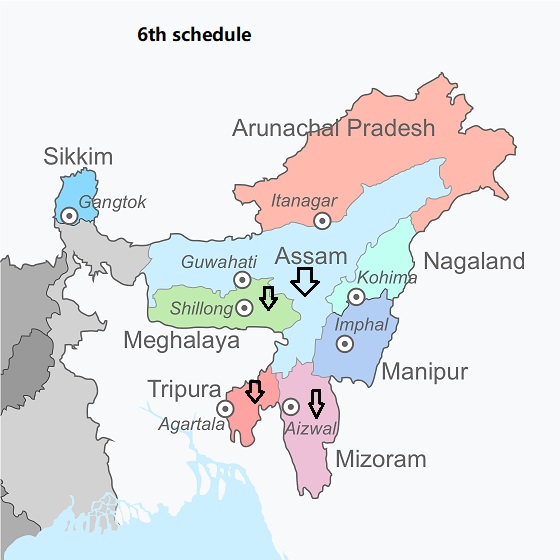The term “Industrial Revolution” describes the transition from an agrarian economy to a factory-based and industrial civilization, which was made possible by technology, particularly the steam engine and cotton gin.
In world history, the Industrial Revolution marked a turning moment that altered society and how we live today. modified the approach. The transition from an agricultural economy to an industrial society took place during this time, heralding the start of the modern age.
Technology advancements in manufacturing, transportation, and communication during this period revolutionized the production and distribution of goods, resulting in mass production and the emergence of new sectors. The world was drastically altered by the Industrial Revolution, and its impacts can still be seen today.
The transition from rural to urban life
The transition from rural to urban life was one of the most important changes brought about by the Industrial Revolution. As manufacturing techniques improved, people from rural areas moved to cities in search of employment. This resulted in the rapid growth of cities, and by the end of the 19th century, most people had either moved to, or were considering moving to, urban areas.

Cities’ infrastructure needs, such as sewage systems, transport networks and housing, grew as they expanded, giving rise to demands for rights in new ways. To meet the growing demand, this has led to further technological advancements and the creation of new industries.
The modern metropolises and sophisticated urban societies that we see today were made possible by the Industrial Revolution. When the cities gave birth to free environment and thinking, the conservative bonds became loose. Now the church or religious bigotry was viewed rationally as happened in the French Revolution. but it was modern
Technological advances
Many technological advances during the Industrial Revolution changed the way goods were manufactured and distributed. The steam engine, which powered new machines and allowed mass production on a scale previously unheard of, was perhaps the most important of these.
The loom, which transformed the textile industry, and the creation of the telegraph and telephone, which allowed communication over great distances, were additional innovations. In addition to changing manufacturing processes, these technological advances have had a significant impact on society as a whole.
social change: rise of a middle class
People moved from the countryside to the cities and new industries were created during the Industrial Revolution, resulting in major social changes. In turn, the expansion of factories and the development of new technologies led to the rise of a middle class. The rise of the middle class created a stir in the political field. After this the period of demand for rights started.
Also, factory workers often had to work long hours and in dangerous conditions due to the harsh working conditions. As a result, the labor movement grew and the fight for workers’ rights intensified.
Environmental impact
The burning of fossil fuels and the release of pollutants into the air and water caused widespread pollution and environmental degradation, which had a significant negative effect on the environment. Today, as we struggle with problems like climate change and the need for sustainable growth, we can still see the effects of this.
The Industrial Revolution was a pivotal era in world history that profoundly altered how we live today. The impacts of the Industrial Revolution can still be seen today, from the expansion of cities to the creation of new technologies. Although it brought about a lot of good developments, it also had some negative effects.

About the Author
Ankita is a German scholar and loves to write. Users can follow Ankita on Instagram 
भारत गौरव ट्रेन [Bharat Gaurav Trains]
भारत द्वारा ट्रेन (Bharat Gaurav Trains) भारत की समृद्ध आध्यात्मिक सांस्कृतिक और ऐतिहासिक विरासत को…
क्यों ऑस्ट्रेलिया को एक सुदूर जेल के रूप में बसाया गया था ?
ऑस्ट्रेलियाई महाद्वीप की खोज डचमैन विलेम जांज़ून (Dutchman Willem Janszoon) ने 1606 ईस्वी में की…
Can Fuel Consumption drop to Zero while Driving or with the Engine Running ?
Do you ever think that At What Point During Engine Operation is Fuel Consumption Zero…
मिसाइल प्रौद्योगिकी नियंत्रण व्यवस्था (MTCR) [UPSC GS]
मिसाइल प्रौद्योगिकी नियंत्रण व्यवस्था (एमटीसीआर) MTCR 35 सदस्य देशों के बीच एक अनौपचारिक राजनीतिक समझ…
Indian National Movement – Main Chronological Events
The complex and diverse fight for independence from British colonial control is known as the…
संविधान की 6वीं अनुसूची क्या है [6th schedule]
संविधान का 6वीं अनुसूची (6th schedule) असम, मेघालय, मिजोरम और त्रिपुरा के आदिवासी क्षेत्रों के…




![मिसाइल प्रौद्योगिकी नियंत्रण व्यवस्था (MTCR) [UPSC GS]](https://bugnews.in/wp-content/uploads/2022/03/missilesystem.jpg)

